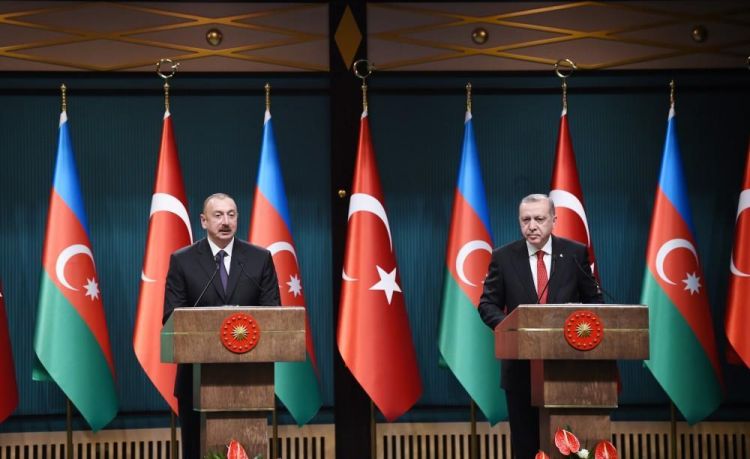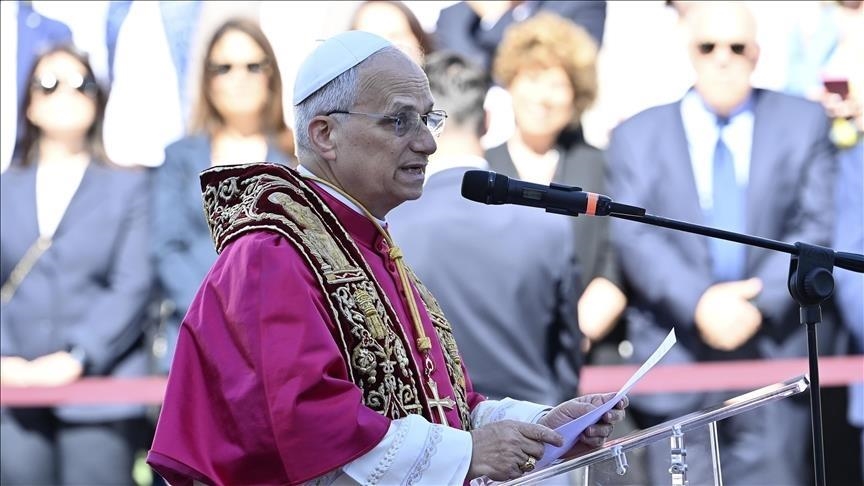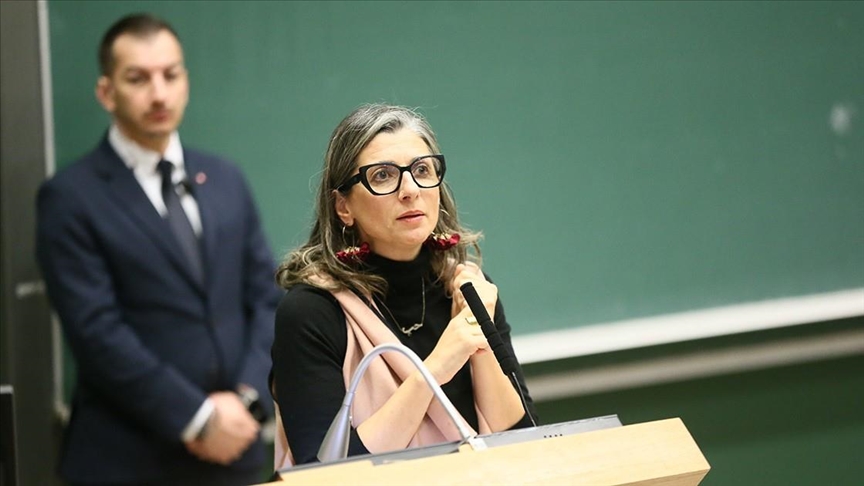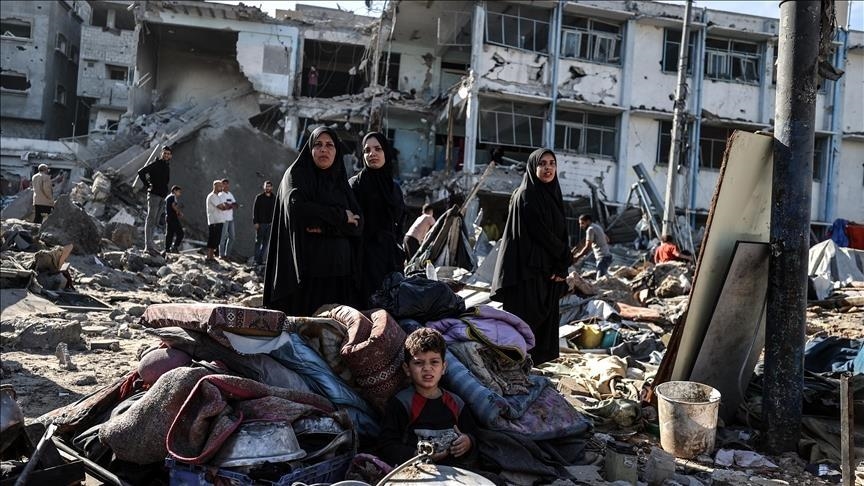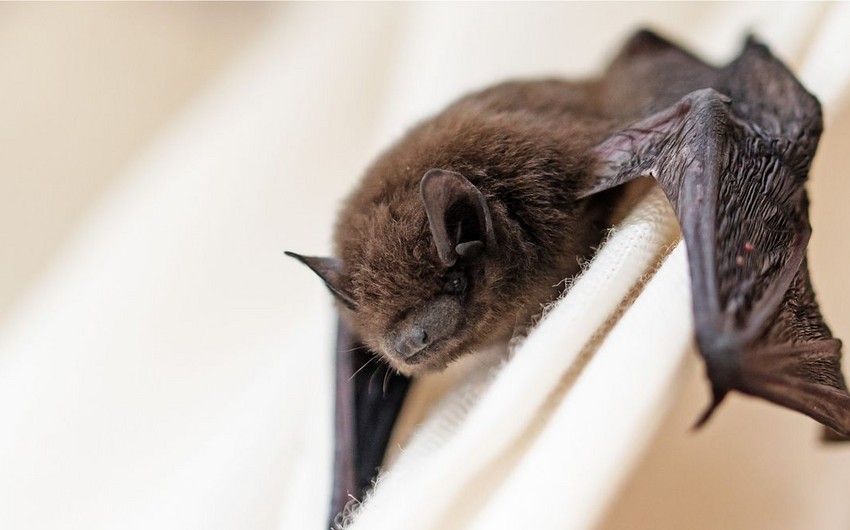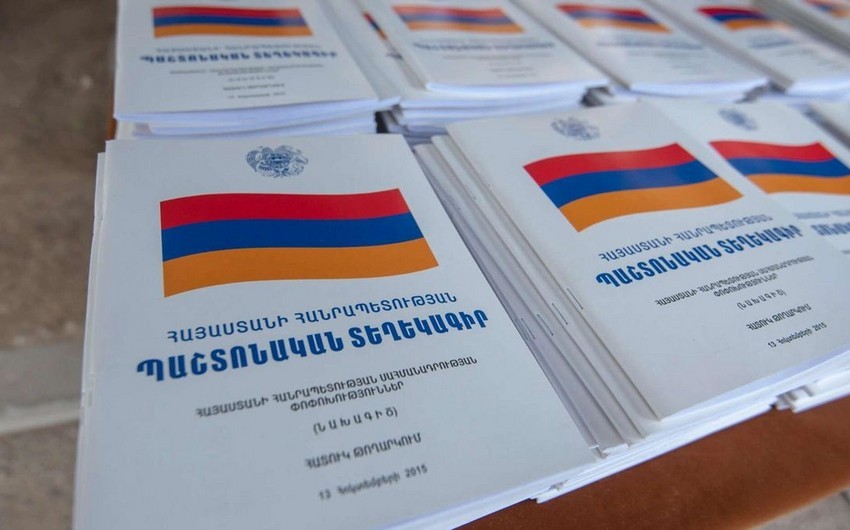The relationship between Azerbaijan and Turkey has been on a developing course since the very beginning of the former’s post-Soviet independence, and has now arguably reached its hitherto peak. The unequivocal support by Turkish leaders to Azerbaijan amidst the escalation of its conflict with Armenia, the subsequent joint exercises and drills between their armed forces, and frequent mutual visits of high-ranking officials regardless of the pandemic are some of the highlights in the bilateral relations of the two countries in recent months. While the ethnic kinship and cultural proximity constitute the cornerstone of these bonds, these are common interests and security threats that lead the two brotherly nations toward building a strategic alliance.
“One nation, two states”
The two Turkic states that often laud their bonds under the motto “one nation, two states” have to deal with common security threats posed by Armenia’s territorial claims and Russia’s military presence and security interests in the South Caucasus. Armenia hosts Russia’s military base in Gyumri, a city 10 kilometers away from the Turkish border, which is supposed to serve, among others, Russia’s aim to exert pressure on Turkey from its eastern borders. It is widely assumed that Armenia would have not been able to sustain its control over the Nagorno-Karabakh region of Azerbaijan and surrounding districts without Russian military support.
These threats were out there since the collapse of the Soviet Union, but they have recently gained momentum following reckless statements from Armenia’s leadership, the military attacks (July 12 – 15) by the armed forces of Armenia on the Tovuz district of Azerbaijan where all the transportation and energy routes (such as the Baku-Tbilisi-Ceyhan oil pipeline, Baku-Tbilisi-Erzurum gas pipeline, and Baku-Tbilisi-Kars railway) connecting Azerbaijan and Turkey pass through, and Russia’s increasing arms supply to Armenia in the wake of Tovuz escalation.
Armenia’s rejection of the Madrid principles, a settlement mechanism for the Armenia–Azerbaijan conflict which was long perceived as the most feasible way to reach an agreement, and the implicit adoption of the articles of the Treaty of Sevres (1920) as foreign policy objectives by the country’s leadership, have further complicated the regional situation and pushed it to the edge of war.
It is important to recall that the Treaty of Sevres, of which 100th anniversary was celebrated in Armenia with addressees from the prime minister and president of the country, was an attempt by the Allies of World War I to liquidate the Ottoman Empire and share its territories. According to the treaty, the northeastern parts of modern Turkey were planned to be put under the control of Armenia. If realized, the Republic of Armenia would have covered a territory of over 160 thousand square kilometers, with a marked difference from the present size of less than 30 thousand square kilometers. The treaty never came into force and was soon replaced by another treaty – the Treaty of Lausanne – by which the international borders of the modern Turkey were officially recognized.
The legal basis and technical feasibility of the cooperation Azerbaijan and Turkey has built over recent decades to allow them to jointly address these challenges. Most importantly, the two countries established the Agreement on Strategic Partnership and Mutual Support (ASPMS) in 2010 that included a principle akin to NATO’s Article 5, which, in line with Article 51 of the United Nations Charter, obligates both parties to cooperate when either country faces aggression from a third state or group of states. The agreement also provides a legal basis for the expansion of military cooperation, including regular joint military exercises and drills in both countries.
Along with expanding economic partnership (e.g. Azerbaijan’s becoming top supplier of natural gas to the Turkish market this year), the two countries have deepened their partnership in the supply of arms and other military equipment. Azerbaijan declared an interest in obtaining Turkey’s military drones that proved significantly effective in Ankara’s military operations in Libya and Syria. Baku and Ankara have reportedly reached a deal on the supply of these drones worth $200 million. According to local experts, Turkey is likely to overtake Russia’s place as Azerbaijan’s second-largest arms importer after Israel.
Azerbaijan, with Turkish support, is confronting Armenia and its external patrons more assertively.
The practical implications of the close relationship between Baku and Ankara were clearly observed on the heels of recent Armenia–Azerbaijan border clashes. Partly due to the fact that the clashes occurred on an area near Azerbaijan’s main transportation and energy routes, and in light of suspicions that Armenia’s attacks were externally supported, Ankara took a strong position. President Recep Tayyip Erdoğan of Turkey, condemning the offensive against the military units of Azerbaijan, called it “beyond Armenia’s caliber,” in an implicit criticism of Russia’s possible role.
In the wake of the military drills of the armed forces of Armenia and Russia that was widely seen as a response to the July clashes, Ankara and Baku declared to hold joint military exercises which were originally planned to last 13 days (July 29 – August 10), but are now reportedly still being held, albeit at a smaller scale. Azerbaijan’s Defense Ministry refuted the claims linking the drills to the July escalation and asserted that they were held “according to the annual plan” of the Agreement on Strategic Partnership and Mutual Support (ASPMS) of 2010. Truly, the sides have been holding increasingly more intensive and numerous military drills since the establishment of the ASPMS. For example, the armed forces of both countries organized up to 13 exercises in 2019 with a notable increase from those (7 exercises) in 2018.
This year’s exercises, apart from being the largest of their kind in the recent history of military cooperation between Turkey and Azerbaijan, were of great significance for the latter as Turkey would have likely transferred the experience it has gathered in the use of attack drones, multiple-launch rocket systems (MLRS), and air-defense systems to Azerbaijan. The drills involved military personnel, armored vehicles, artillery mounts and mortars, as well as military aviation and air-defense equipment.
The Turkish support has apparently emboldened Azerbaijan to more assertively confront Armenia and its external patrons. Most importantly, Baku has recently mounted strong opposition against the arms supply of Russia to Armenia which is argued to have started immediately after the July clashes, and still not stopped.
Azerbaijan is interested in the advance of bilateral relations with Turkey in other spheres as well.
This was the main purpose of the visit of Hikmet Hajiyev, Azerbaijan’s presidential aide on foreign policy, to Turkey on September 7. In the course of the visit, the sides announced the formation of media platform to integrate the media sources of the two countries and to “fight black propagandas” side-by-side. Fahrettun Altun, communications director of Turkey, praised the agreement and said, “The improvement in cooperation in media, communications and the public diplomacy with Baku is a matter of life and death.”
Hikmet Hajiyev’s visit was followed by the visit of a parliamentary delegation headed by Sahiba Gafarova, the speaker of the Parliament, on September 11. Meeting with Turkey’s Minister of Trade Ruhsar Pekcan, Gafarova declared Azerbaijan’s interest in expanding bilateral trade between the two countries. The Turkish Minister reaffirmed that the existing trade turnover of $4.4 billion “doesn’t reflect the true potential of the two countries,” adding, Turkey aims to sign an “agreement on free trade with Azerbaijan,” which would build up on the recently signed preferential trade agreement between the two sides.
Article is written by Vasif Huseynov
This article is originally published in Geopolitical Monitor Publication

